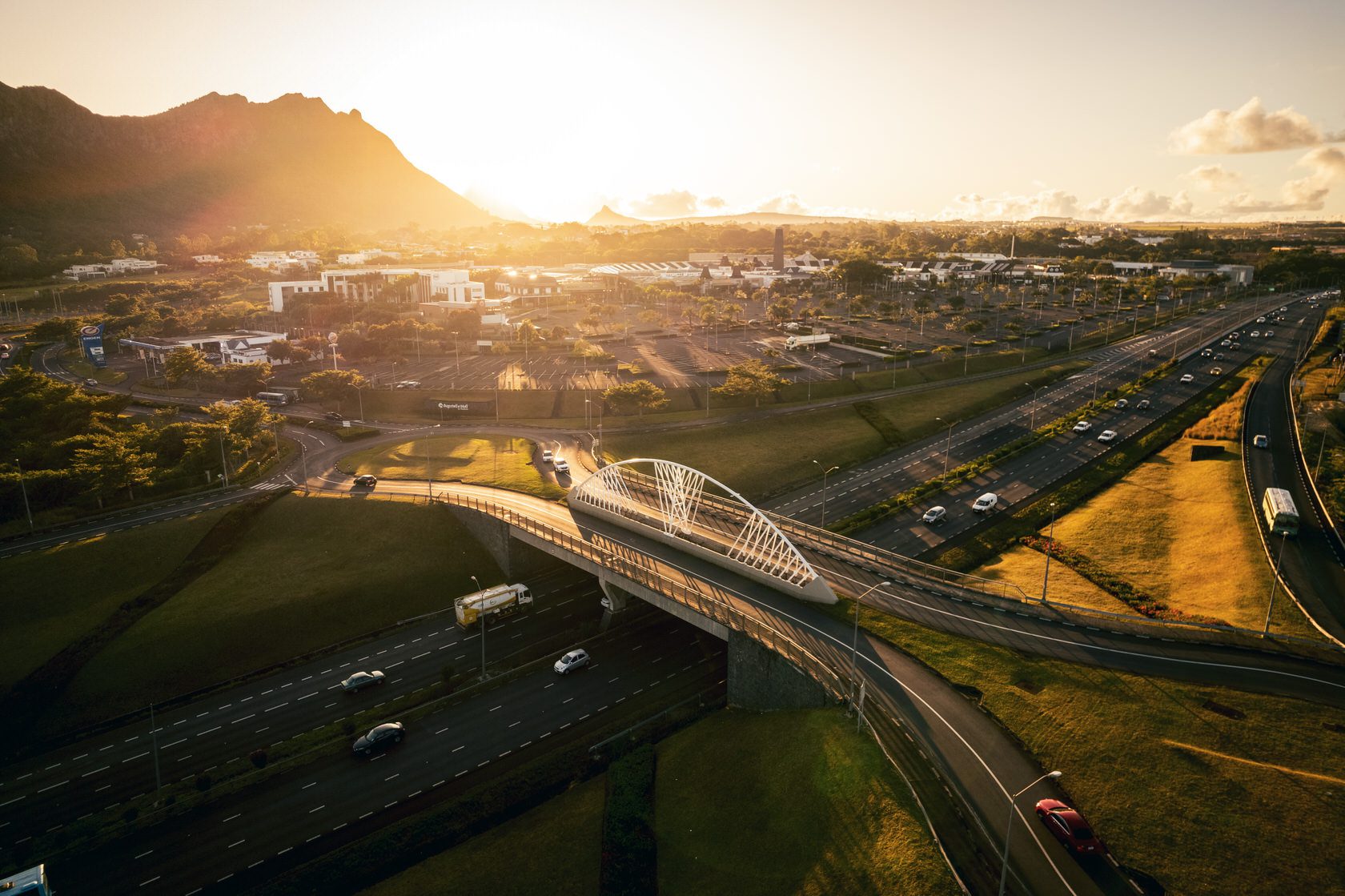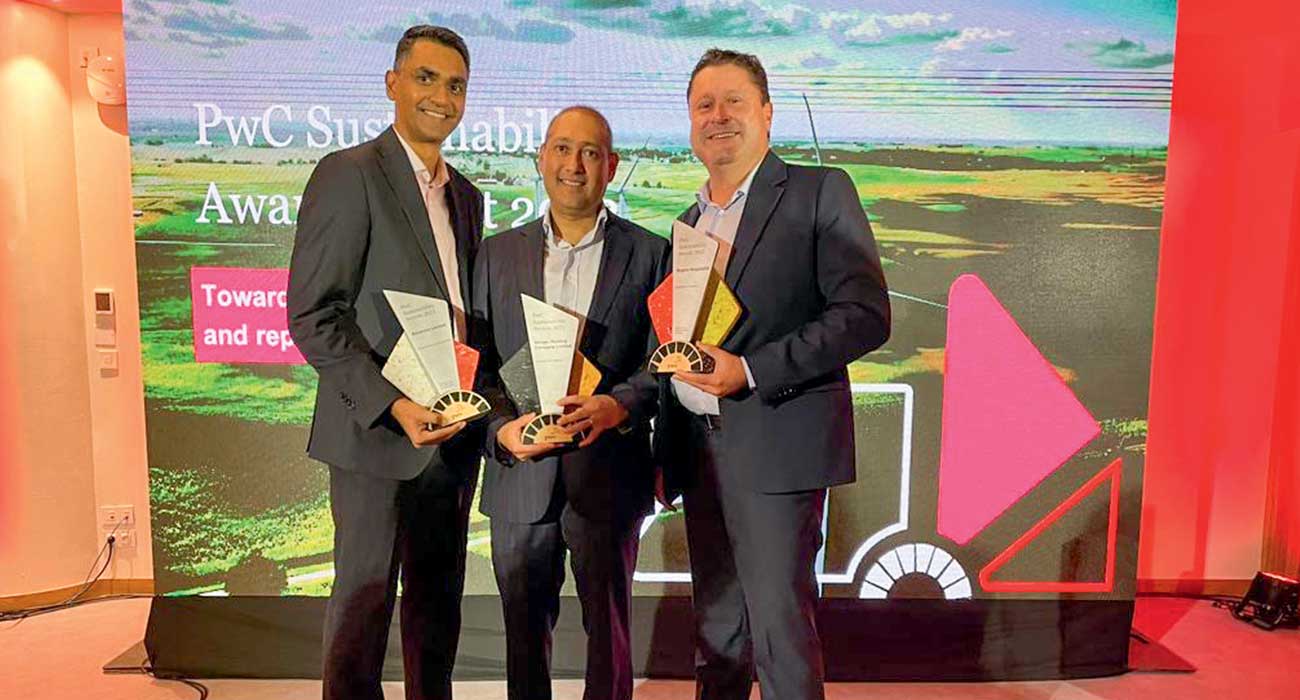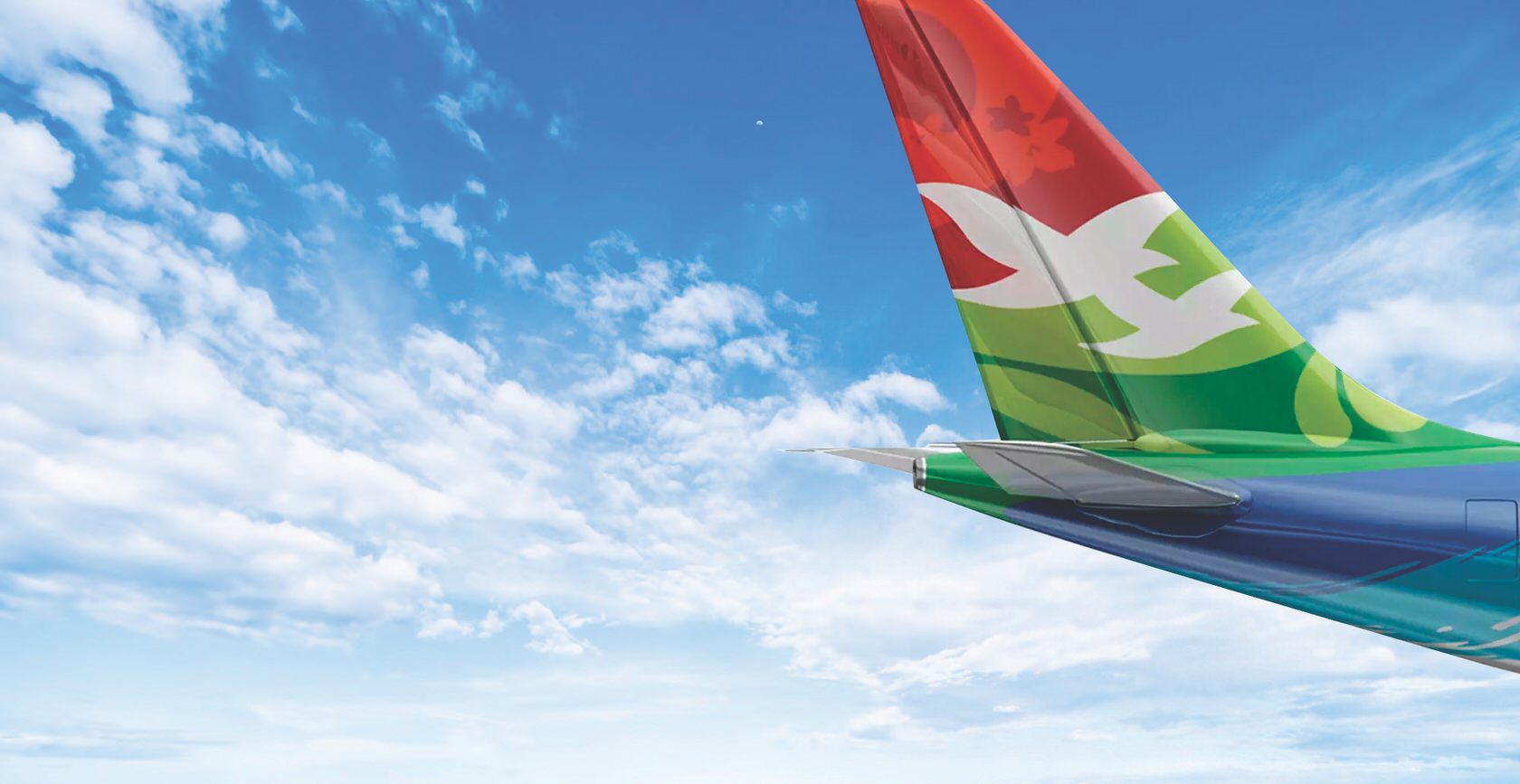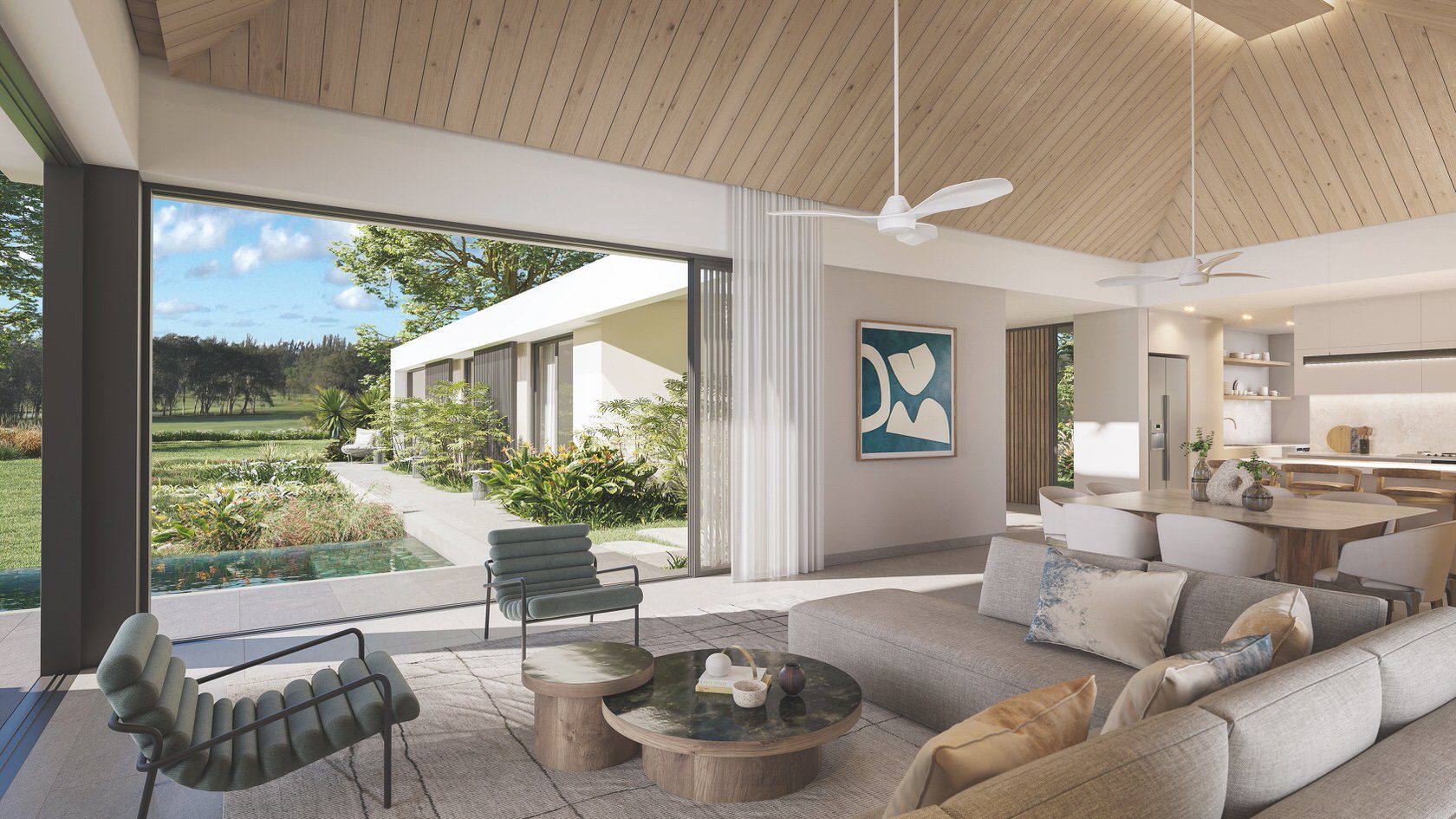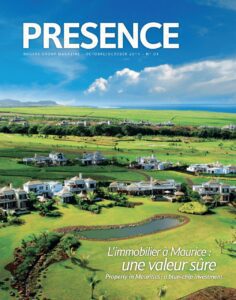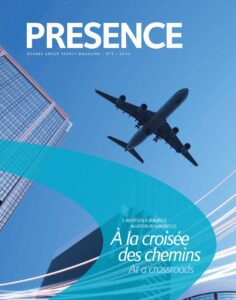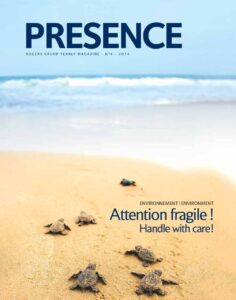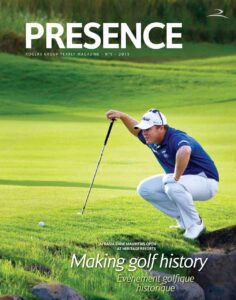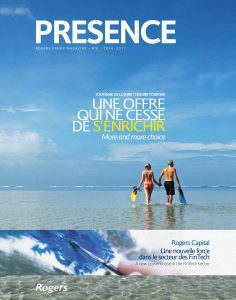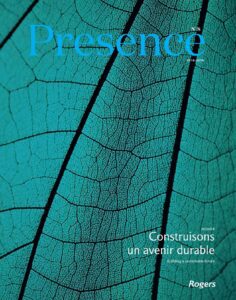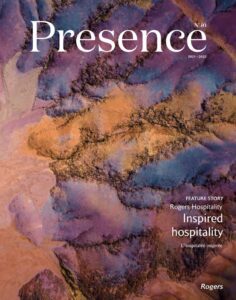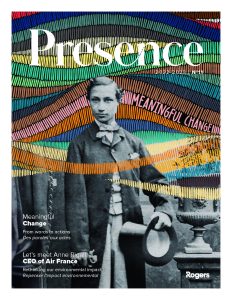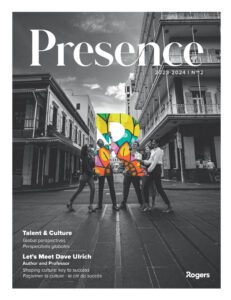Tourism and leisure go hand in hand and are highly dependent on each other and experts agree that the future of the sector depends on its ability to offer visitors distinctive, memorable and worthwhile experiences.
Tourism plays a significant role in the world’s economy, accounting for US$ 600 billion, almost 10%, of global GDP, and accounting for more than 100 million jobs. It is regularly growing by 4 to 5% a year.
The hospitality and tourism sector is also one of the main pillars of the Mauritian economy. As for most small island states, it is one of the most important service sectors and is a major foreign currency earner.
According to the 2015 Travel & Tourism Competitiveness Report, the travel and tourism sector accounts for 10% both of Mauritian GDP and employment. This report, issued by the World Economic Forum, ranks Mauritius third in Sub-Saharan Africa after South Africa and Seychelles, and 56th of 141 countries globally.
After a period in the doldrums, the current trend is once again positive, reflected in a growth rate of 9.9% in tourist arrivals in the first half of 2016. For the full year, the total number of visitors is expected to reach 1.25 million, with income of Rs 56 billion forecast. Leisure and tourism are closely related – leisure tourism accounts for 90% of tourist arrivals. The health of the sector comes to a considerable degree from a significant increase in the leisure facilities available in recent years. Moreover, these products and services have attracted as much interest amongst the local population as amongst visitors from overseas.
Across the world last year, almost 1.2 billion people travelled abroad, which indicates there is latent potential for growth locally. To effectively tap such a traveller base, top-quality and innovative leisure amenities and facilities – which also have the flexibility for adaptation over time – are needed, and which above all reflect a commitment to sustainable development.
Its varied landscapes and rich historical and cultural heritage give Mauritius a unique quality. However, we need to be constantly aware of the economic, cultural, social and environmental vulnerability of a small island state like ours. In particular, we have to strike the right balance between infrastructural development which leads to growth and job creation on the one hand and the preservation of our most important resource, the environment, on the other.

Simultaneously, travellers have become more concerned about any negative impact their leisure activities may have. Rogers is fully committed to introducing new and more ethical practices to the benefit of all stakeholders. Our vision for the Domaine de Bel Ombre is based on a long-term strategy, centred on celebrating its past and its natural beauty with its visitors. We firmly believe in developing forms of leisure tourism based on a balance between all the economic, social and environmental aspects. This vision serves to reinforce the activities we have supported over more than three years related to the protection of our coastal and marine ecosystems. Developing leisure facilities that respect sustainability criteria requires a coherent policy and strategy approach, which for example helps fight global warming and protects the country’s natural and cultural heritage, as well as preserving the environment and biodiversity. To be able to measure the impact of our activities, we also need to develop specific and reliable methodologies and tools.
We need to be reflecting right now on alternative solutions and new ideas for the leisure tourism of tomorrow, positioning Mauritius and its approach as a model for innovation and sustainable tourism development.
Philippe Espitalier-Noël
Chief Executive Officer
Rogers & Co. Ltd



